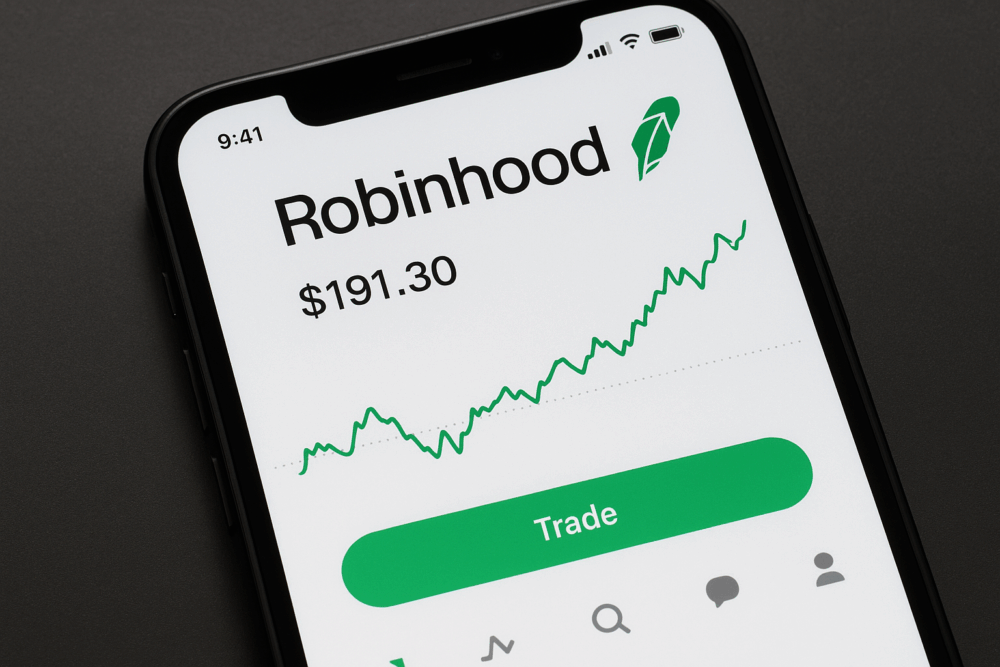Robinhood has asked federal courts to extend recent rulings for Kalshi to its own event contracts.
Robinhood has expanded into event contracts, and it recently launched pro and college football markets.
Unlike traditional sportsbooks, Robinhood’s event contracts are traded in a marketplace where buyers and sellers set the price. Therefore, traders can enter, adjust, or exit positions up to and during games, and contracts are cleared through a regulated exchange.
In addition, Robinhood requires an approved Robinhood Derivatives account and lists eligibility rules and trading prohibitions for certain contracts.
The legal gambit
Robinhood Derivatives filed a lawsuit in New Jersey and another in Nevada to block enforcement actions.
Robinhood argues that if it is blocked where Kalshi is permitted, the firm will lose market share and innovation momentum. Moreover, the company frames this as a federal preemption issue, saying state regulation of entities operating on a CFTC market would undermine Congress’s intention for uniform oversight.
In addition, Robinhood is seeking temporary restraining orders to stop state officials while the courts decide.
Precedent from Kalshi rulings
Federal courts earlier sided with Kalshi, ruling that the Commodity Futures Trading Commission (CFTC) has primary authority over certain event markets.
Consequently, Robinhood says those decisions should shield any platform operating on a CFTC-regulated exchange. The company contends that state regulators in both Nevada and New Jersey have continued to threaten enforcement despite the Kalshi rulings, leaving it at a competitive disadvantage.
In Nevada, the Gaming Control Board reportedly told Robinhood its actions could be considered “willful violations” of state law.
At the same time, New Jersey’s Division of Gaming Enforcement declined to offer assurances and ignored requests for a meeting, according to the complaint.
As a result, Robinhood says the uncertainty risks chilling its business and harming customers who use its prediction markets.
Competition and compliance in the US
Offshore platforms such as Polymarket operate in the same space but generally restrict US users, which Robinhood says underscores the demand for a regulated domestic alternative.
Meanwhile, Robinhood stresses that it does not make markets in these contracts and that trading occurs on a CFTC-regulated venue, aiming to draw a clear line between regulated derivatives and unregulated betting.

